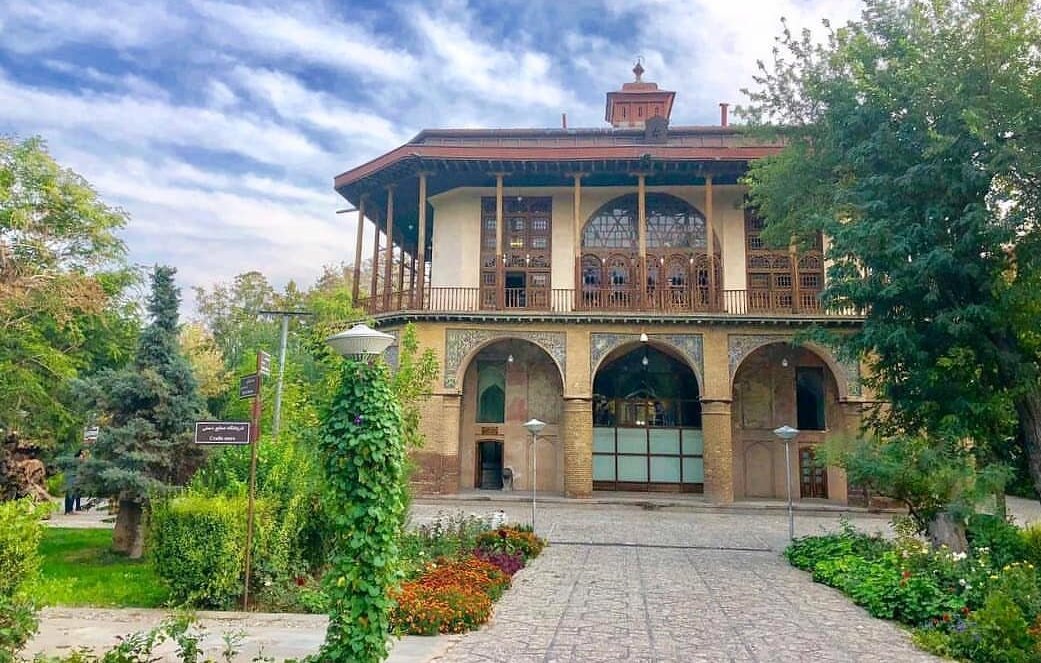TEHRAN – Several festivities and rituals will be held at Dowlatkhaneh Safavi, a 17th-century royal ensemble in the west-central province of Qazvin, during the Noruz holidays (starting March 21), the provincial tourism chief has said.
A variety of ritual programs are held in all areas and courtyards of the monument, while folk music and cultural events are also included in the schedule, Alireza Khazaeli explained on Saturday.
A sales exhibition of handicrafts is also planned to be organized on the sidelines of the program, the official added.
Dowlatkhaneh Safavi, composed of some historical monuments, some of which have been destroyed over time, was once a royal ensemble and residential complex for Safavid monarchs (1501–1736).
Qazvin was once the capital of the mighty Persian Empire, under Safavids, from 1548 to 98. It is a major tourist destination with a wonderfully restored caravanserai-turned-arts precinct, some quirky museums and a handful of decent eating options. For most travelers, Qazvin is also primarily the staging point for excursions to the famous Castles of the Assassins and trekking in the sensational Alamut Valley.
Also known as the castle of the Assassins, the 12th-century Alamut castle is nestled on top of a peak. It was once a shelter for the followers of Hasan-e Sabbah (1070–1124) who was a spiritual leader of an Islamic sect. In the early 1930s, British-Italian explorer and travel writer Freya Stark described her exploration of the place in her book “The Valleys of the Assassins.”
Qazvin is also home to one of the biggest roofed caravanserais in the country, Sa’d-al Saltaneh caravanserai. Dating back to the Qajar era, it’s a place for discovering tens of Hojreh shops, cafes, yards, and a stunning mosque. It’s a place for visitors who want to experience the culture, cuisine, and hospitality of Iran.


No comments:
Post a Comment